by Leah Kurta, Research Psychologist, i2 media research Limited
If you’ve been thinking that an artificially intelligent, virtual cyborg might be about to steal your job, drive your car, make better jokes than you and have better luck on Tinder, then you’re not alone! Research suggests that AI is expected to impact almost all aspects of our lives from our employment, our health care, our consumer choices and romantic lives (Makridakis, 2017; Courtois & Timmermans, 2018).
But how consumers feel about the technology they use and the impact it really has on everyday life is often lost in a sea of opinion and hype - from doomsday predictions to utopian fantasies.
How do we screen out the noise and understand how the technology we use affects our day-to-day life? And how do we know what impact it will have on society in the future?
Working at the intersection of technology development and human psychology, we’ve been researching the factors which will lead to the development of more ethical technology products and services - and support human values. We are questioning the ways in which the applications and services we use may both positively and negatively impact our cognitive, social and biological selves, and how technologies like AI, big data and machine learning affect us at a societal level.
Our work in this area has led to us develop a tool which enables more ethical development of technology - and guide ethical investment. The ethical technology index (the ETI) is designed so that companies can benchmark the ethical impact of their products and services, and track how this impact changes over time and with user uptake. The ETI will provide a framework and data for understanding what ethically good looks like: no more opinion, hype or doomsday predictions. If tech is meeting requirements for being ethically good, the ETI can quantify how - and why.
In developing the ETI we are working with technology creators, consumers business and government. If you’re working in any of these areas and have an interest in developing ethical technology, we would love to hear from you.
Drop us an email: hello@i2mediaresearch.com
Ref:
Courtois, C., & Timmermans, E. (2018). Cracking the Tinder Code: An Experience Sampling
Approach to the Dynamics and Impact of Platform Governing Algorithms. Journal of
Computer-Mediated Communication, 23(1), 1-16.
Makridakis, S. (2017). The forthcoming Artificial Intelligence (AI) revolution: Its impact on society and
firms. Futures, 90, 46-60.

